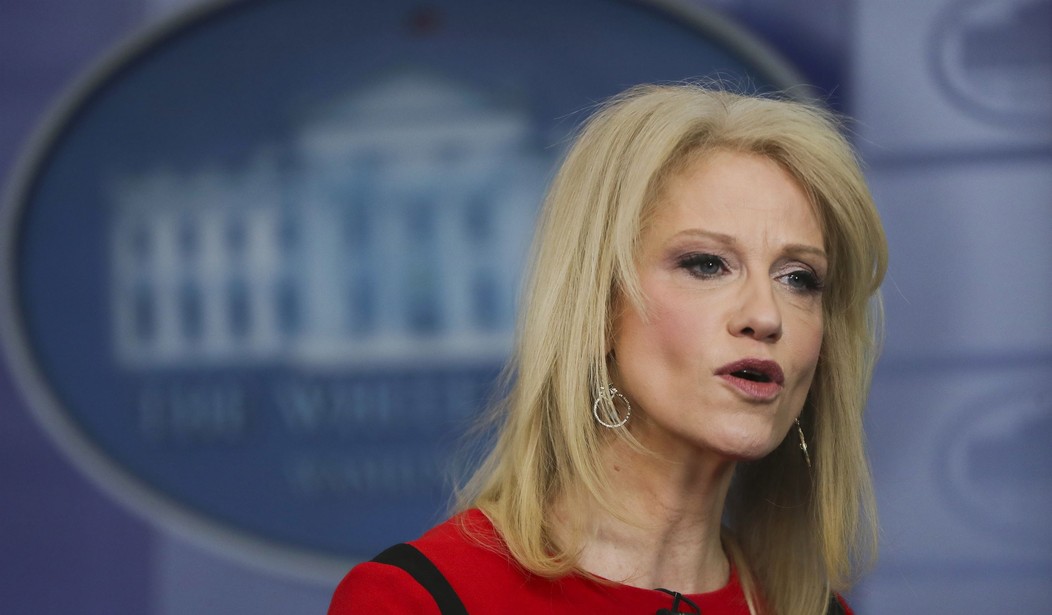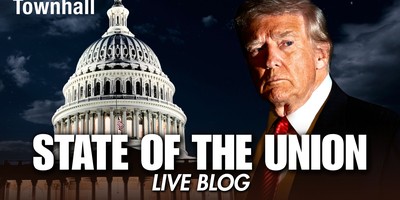As Washington and the world react to President Trump's historic summit with the North Korean dictator in Singapore earlier this week, the key emerging question is: What comes next? Is the American understanding of 'denuclearization' the same as the North Korean definition of that term? There's already some evidence that the regime is putting a self-serving spin on the just-completed meetings, but that is to be expected; meanwhile, Secretary of State Mike Pompeo is pushing back on criticisms that the preliminary agreement signed by both nations' leaders represents a huge American concession on verification measures:
NEW: Sec Pompeo briefed traveling press in #Seoul, said of summit: "I am equally confident they [North Korea] understand that there will be in depth verification." "Yes, we’re hopeful that we can achieve [major nuclear disarmament] in the next, what is it, two and a half years."
— Elizabeth McLaughlin (@Elizabeth_McLau) June 13, 2018
Pompeo seemed a bit peeved that American reporters would even ask whether the US government would insist upon robust inspections to affirm that North Korea is fulfilling its obligations. On Benson & Harf last evening, we welcomed senior counselor to the president Kellyanne Conway as our guest to discuss the dramatic developments in Singapore. She began by rating the meeting a nine out of ten, based on her expectations coming in -- adding that ultimate determination of whether it will lead to a lasting success lies squarely on the choices of Kim Jong Un. A few notable comments from Conway: (1) When I asked her about the North Koreans' long record of lying and cheating after pledging denuclearization, she responded, "the President himself has said that his eyes are wide open. I mean we know what's happened in the past. We know what's happened with Chairman Kim Jong Un and his predecessors, but we also know we've never had President Trump in the driver's seat." (2) In response to my follow-up about whether all options would again be on the table if the regime is exposed as violating its latest promises, she said, "the President has said that the maximum pressure campaign continues in absence of that. But let me just stay clear: [Executing a full agreement] not going to happen overnight."
Recommended
(3) Former Obama State Department spokeswoman Marie Harf pressed Conway on whether the White House could guarantee that any formalized, specific accord with the regime would be more stringent in its demands than the Iran Deal -- of which Trump has been harshly critical, and from which he withdrew the US government. The top presidential adviser reiterated that comprehensive denuclearization is the unambiguous demand of the Trump administration, but declined to make any ironclad pledges, arguing that talks are still in early stages:
Marie Harf asked Kellyanne Conway if the WH can guarantee any finalized denuclearization deal w/ NoKo would be stronger than Obama's Iran Deal.
— Guy Benson (@guypbenson) June 13, 2018
Answer: "Nobody's guaranteeing anything at the moment...this just got started."
Audio --> https://t.co/1C84zXDr7H @BensonAndHarf
(4) Finally, I asked Conway if she was comfortable with some of the president's most effusive praise of Kim Jong Un, who is perhaps the most brutal dictator in the world. Was saying that Kim's country and people 'love' him, for instance, a bridge too far? And wouldn't conservatives have gone ballistic if President Obama had said something similar? Skip ahead to the 12:30 mark to listen to her answer. Later in the program, we asked Sen. Lamar Alexander (R-TN) if a prospective North Korea deal should be submitted as a treaty to Congress (a step President Obama in famously avoided with the Iran accord because a bipartisan majority of both houses opposed the plan). Alexander's response echoed what we've heard from Senate Majority Leader Mitch McConnell:
.@SenAlexander on a potential final nuke deal w/ NoKo: "It should come to Congress one way or the other for a treaty...We need stability on these issues...If President Trump comes to an agreement with North Korea, that needs to be submitted to Congress." https://t.co/uGf5yasXvy
— Guy Benson (@guypbenson) June 13, 2018

























Join the conversation as a VIP Member